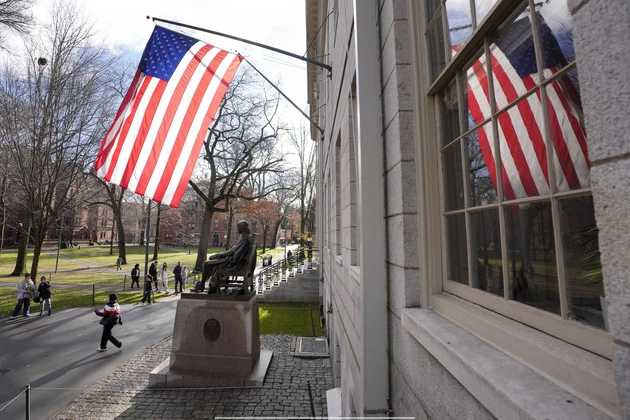
Supreme Court Reviewing Student Borrower Defense Case Impact on Loan Forgiveness
The Supreme Court is set to review a decision from a lower court that blocked a Biden administration rule facilitating loan forgiveness for student borrowers defrauded by colleges.
Since April, the Biden administration has forgiven over $17 billion in loans for defrauded student borrowers under the borrower defense rule, initially established in 1994 and revised in 2016, 2019, and 2022. The 2022 revision aimed to clarify claim eligibility criteria and was implemented in 2023.
Scope of Biden Administration’s Rule
The recent court ruling raises concerns that a key policy supported by President Biden could face limitations in its application.
Jason Altmire, President of Career Education Colleges and Universities, emphasized that the court’s decision does not necessarily endorse the Biden administration’s stance.
In response to the court’s decision, Altmire stated, “It merely signals the Supreme Court’s intent to evaluate the Department of Education’s jurisdiction concerning the borrower defense rule. The case will shed light on whether the Department exceeded its authority with this rule.”
In 2023, Career Colleges and Schools of Texas challenged the borrower defense rule, arguing that it facilitated undue student engagement in the loan forgiveness process. The 5th U.S. Circuit Court of Appeals ruled in favor of CCST, halting the rule’s nationwide enforcement.
Legal Implications
The lower court emphasized that loan relief cannot be granted unless a borrower defaults and faces government legal action for loan repayment.
The lawsuit against the Biden administration contended that the revised borrower defense framework aimed to shift financial liability from borrowers to higher education institutions through extensive loan forgiveness.
Following revelations of fraud leading to Corinthian Colleges’ collapse in 2015, borrower defense applications surged. By June 2019, the Department of Education faced over 210,000 pending claims, prompting a class-action lawsuit for delayed relief processing.
Key Legal Question
The Supreme Court will assess whether the lower court erred in declaring that the Higher Education Act of 1965 prohibits borrowers from filing for loan forgiveness preemptively.
Advocates for student debt relief criticized the lower court’s ruling as overly stringent, highlighting the need to protect students’ rights as authorized by Congress.
Eileen Connor, President of the Project on Predatory Student Lending, emphasized the importance of correcting the 5th Circuit’s decision, stating, “The administration aims to rectify a critical student protection withdrawal, a deviation from Congress’s clear intent.”















